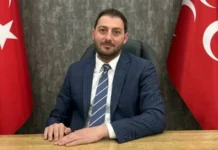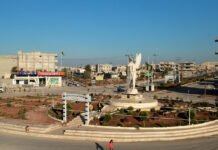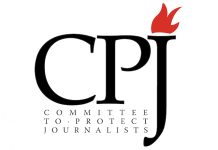The Turkish parliament’s Committee for the Inspection of Human Rights has failed to review the situation of Zaim Hişman Ali, a 17-year-old from Syria who was allegedly tortured in custody before being sentenced to aggravated life in prison, the Yeni Yaşam newspaper reported on Friday.
The committee has referred the case to the Subcommittee for the Inspection of the Rights of Convicts and Detainees and did not address allegations of torture in its response, the report said.
Originally from Rojava, the de facto autonomous Kurdish administration of north and east Syria, Ali was handed over to Turkish authorities in late 2019 by Turkey-backed militias operating in the region.
“We know from past experience that this subcommittee does not consider requests for on-site inspection of allegations of torture,” said Kamuran Tanhan, a lawmaker from the pro-Kurdish People’s Equality and Democracy Party (DEM), adding that the committee has also ignored requests for age assessment on Ali, who was tried and convicted as an adult despite actually being 17.
In June 2020 he was sentenced, in only one hearing, to aggravated life over his involvement with the People’s Protection Units (YPG), a militant Kurdish group Turkey accuses of being the Syrian offshoot of the outlawed Kurdistan Workers’ Party (PKK).
The conviction came despite the fact that the YPG had deployed Ali behind the front lines due to his young age and that he was not found guilty of any charges related to actual armed violence.
He was reportedly mistreated upon his transfer to Turkey and is now being held in a one-person cell at an Antalya prison.
While the PKK is listed as a terrorist organization by Turkey and its Western allies, Ankara’s views on the YPG are not shared by the international community.
Since 2016 Turkey has launched several military offensives to stave off the militant group from border areas.
Turkey’s military and its proxy forces have repeatedly been accused of war crimes including summary killings, mistreatment, confiscation of assets, damaging critical infrastructure in aerial attacks and cutting water to civilian residential areas.
Turkey’s counterterrorism laws are often criticized by human rights groups, legal experts and international organizations for being overly broad, allowing too much room for interpretation.
Many say there is no longer a separation of powers in the country and that members of the judiciary are under the control of the government and cannot make judgments based on the law.
Turkey was ranked 117th among 142 countries in the rule of law index published by the World Justice Project (WJP) in October, dropping one rank in comparison to the previous year.















